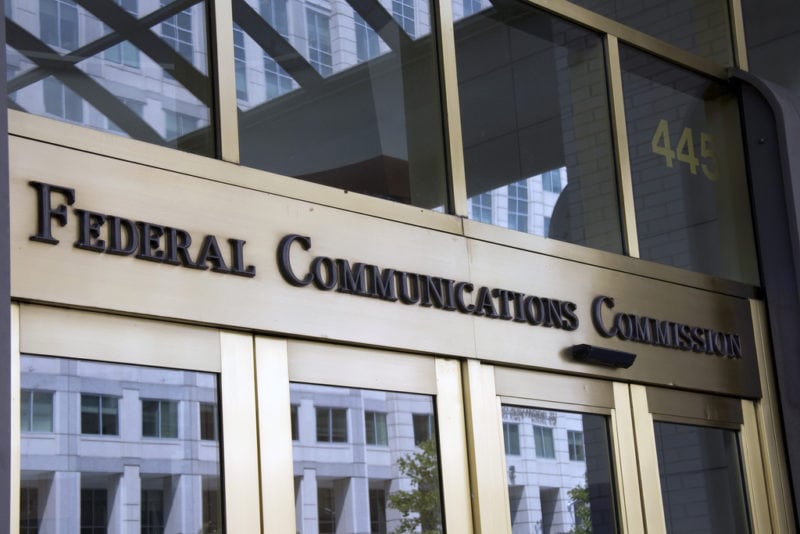Latest News

Federal Communications Commission. Photo: FCC
Satellite operator Iridium and manufacturer Lockheed Martin have joined several private industry groups in signing a petition asking the FCC to reconsider its recent order to allow Ligado Networks to rezone and resell its L-band satellite spectrum holdings for 5G terrestrial use.
Other petitioners include: the Aerospace Industries Association (AIA); the Airline Pilots Association; the Association of Equipment Manufacturers; the Cargo Airline Association; the International Air Transport Association; Airlines for America; Trimble; and the RNT Foundation.
The petitioners allege that the FCC ignored evidence and technical analyses that they submitted, showing, “harmful interference” with GPS signals and relied instead on, “easily disproven claims that Ligado will provide a so-called 5G service,” the petitioners said in a statement issued May 21. “L-band is not included in any internationally-recognized 5G standard, the spectrum is not harmonized regionally or globally for 5G, FCC’s 5G FAST Plan does not include Ligado or L-Band spectrum nor does the company have enough contiguous spectrum.”
In the petition, Iridium CEO Matthew Desch blasted the FCC’s Ligado order for prioritizing, “economic windfalls to a few speculators over safety of life, national security and important private sector companies whose customers would be most upended by their harmful interference.”
AIA, which represents more than 300 companies, said that the FCC’s action has threatened essential access to GPS. “Uninterrupted access to GPS is essential not only for our industry, but also for the American people, our national security, and the strength of the U.S. economy,” AIA said.
The FCC’s order pushed back against these claims, stating that its own technical studies showed, “no connection” between L-band and interference “related to performance-based metrics” of GPS. The Commission also stated that opponents, which include the U.S. Department of Defense, have been using “a flawed methodology and an invalid test [procedure].” The National Telecommunications and Information Administration (NTIA) also conducted a review of the Ligado proposal in 2019 and determined no interference between L-band and GPS.
The petitioners state that 14 federal agencies and numerous Republican and Democratic members of Congress oppose the FCC’s decision. Proponents of the decision include U.S. Attorney General William Barr and Sen. Marsha Blackburn (R-Tenn.)
In a statement, Ligado CEO and President Doug Smith thanked the FCC for moving quickly to approve the order. “We greatly appreciate [the FCC’s] unanimous support as well as the expert engineering analysis determining that a terrestrial network can be deployed in the L-band to advance our country’s economic and security interests while fully protecting GPS,” said Smith. “Our spectrum can be very instrumental in the transition to 5G, and we look forward to utilizing satellite and terrestrial services to deploy customized private networks and deliver innovative, next-generation IoT solutions for the industrial sector.”
Get the latest Via Satellite news!
Subscribe Now